
Government reducing transportation costs for students
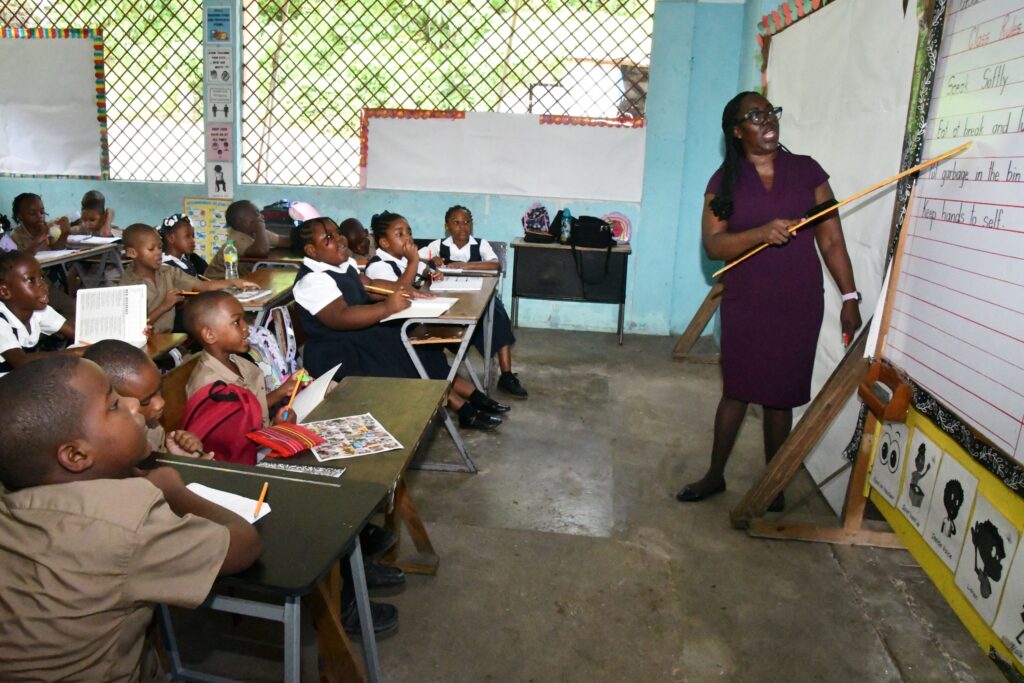
Prime Minister Andrew Holness has reminded school administrators that the non-payment of fees should never prevent a child from accessing education.
Holness expressed serious concern about the re-emergence of “prohibitive” auxiliary fees, which he described as a matter of great personal concern.
“I am very concerned about the re-emergence of prohibitive auxiliary fees. I am extremely concerned about it,” Holness said.
He went on to highlight that his administration had introduced tuition-free education in 2007 to improve access to education, up to the tertiary level.
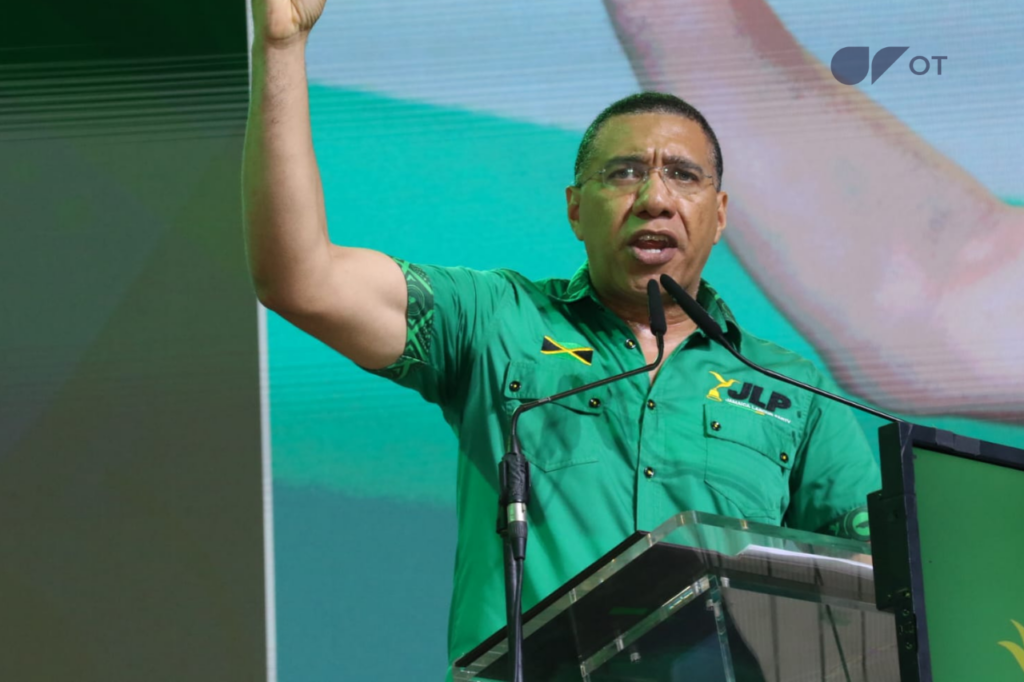
“It really pains my heart when I move around and hear parents complaining about fees. I understand that the costs schools face to provide quality education can be expensive. I understand that, but I want to remind school administrators that non-payment of fees should never prevent a child from accessing education. Under this government, no child will be denied access to education due to financial constraints,” said Holness who was speaking at the Jamaica Labour Party’s 81st Annual Conference at the National Arena on Sunday, November 24.
The prime minister further expressed concern about the increasing rate of non-attendance and non-registration at schools, a trend that has worsened since the COVID-19 pandemic.
“It is in all our interests to have all our children in school, regardless of their ability to pay. If you keep our children out of school by enforcing prohibitive fees, we are increasing the likelihood that their children will also miss out on education. This will only perpetuate generational poverty,” Holness warned.
He revealed that he had advised the minister of education to strengthen the ministry’s capacity to address truancy issues.
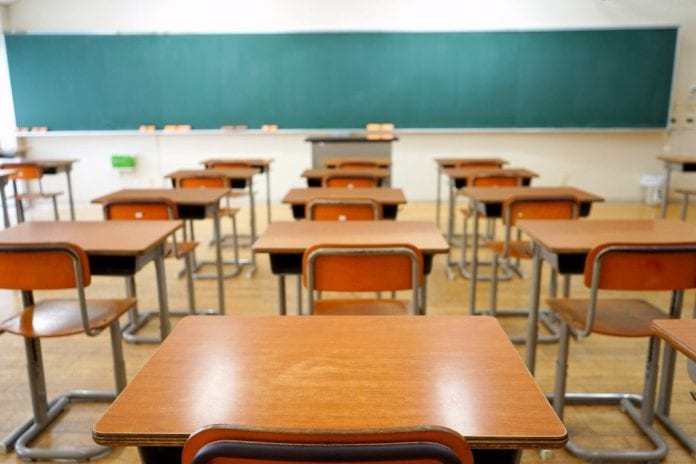
“I have instructed the Ministry of Education to establish truancy officers in all regions. They must examine school registers to identify students who are not attending. They should go out, knock on those doors, find those students who are not attending school, and bring them back. The government stands ready to support these students. We cannot allow students to be out of school,” Holness added.
The prime minister also noted that approximately $7 billion will be spent this academic year through the school feeding programme. He assured that the government is willing to do more to ensure that every child has access to education.
Meanwhile, Holness also noted that students will benefit from reduced transportation costs as part of the government’s broader strategy to reduce the financial burden on Jamaicans.

“Minister [Daryl] Vaz has been directed to deploy 100 new buses that he got earlier this year to urban centres in rural areas. I am happy to see that a bus route has been established from Kingston to Morant Bay, and that is just the first in many to come. The Montego Bay Urban Transit Company was refleeted with 12 buses, which currently have 6,000 students from St James, Hanover, and Trewlany. By mid-next year, 100 new buses will be added to the fleet again. These are the CNG [compressed natural gas] that are far more efficient, reduce the theft of fuel, and are far more economical to operate,” Holness said.
He said these buses will be distributed to rural areas to allow students access to subsidised transport.
Further, Holness said plans are far advanced in developing a cashless system for students to pay private transport operators. These measures are part of the government’s plans to eliminate bureaucracy and ensure that the people of Jamaica can fully benefit from the country’s economic progress.

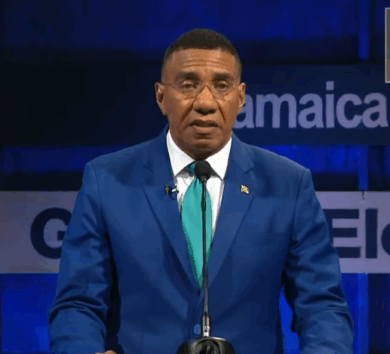
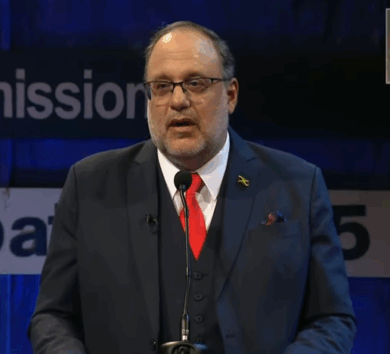
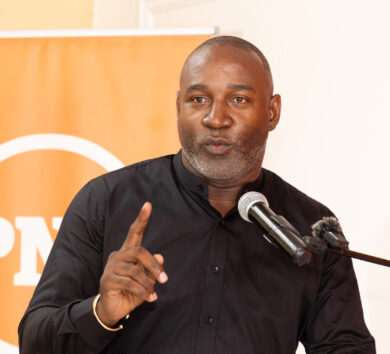
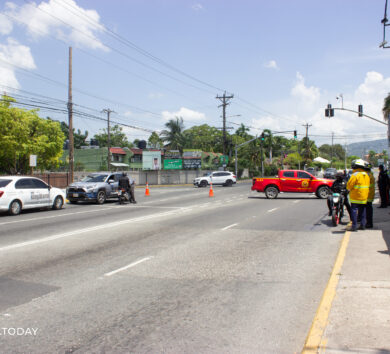
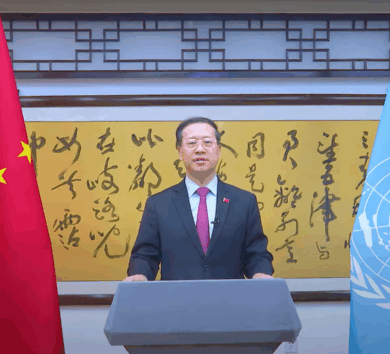
Comments